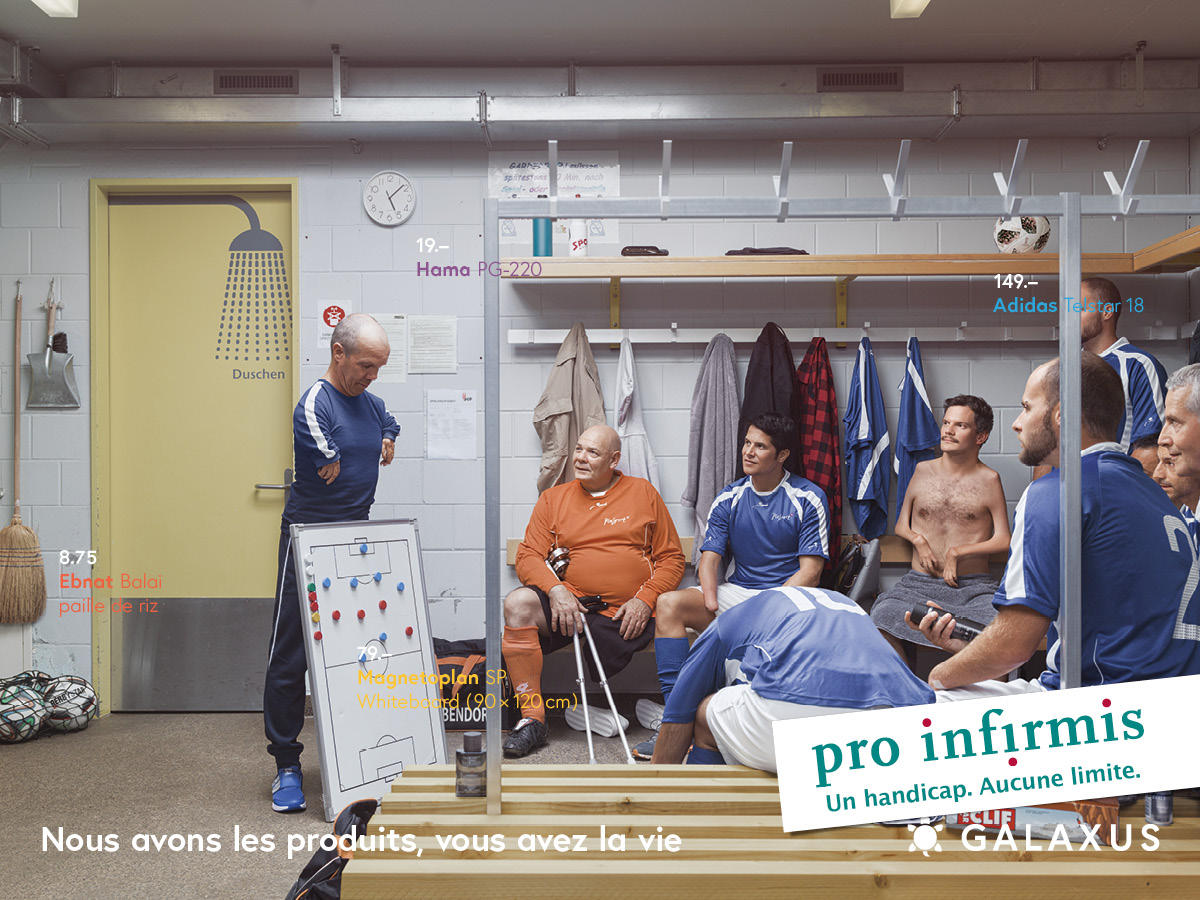Pro Infirmis: 100 years of supporting people with a disability

People with a disability, considered marginal figures at the start of the 20th century, are now better integrated into society, but there’s still plenty of work to do, says the president of Switzerland’s main organisation for people with a disability.
Pro InfirmisExternal link was founded on January 31, 1920, in Olten, northern Switzerland. At the time it was called the “Swiss Association for Abnormal People”, a name that reveals how those citizens were viewed and looked after.
The organisation’s mission hasn’t changed over the past century: to support and advise people with a disability. In that time a lot of progress has been made, but a lot remains to be done, says Pro Infirmis president Adriano Previtali.
swissinfo.ch: Who are the people with disabilities whom your organisation supports?
Adriano Previtali: Pro Infirmis deals with every type of disability: physical, intellectual and psychological. Over the past 20 years, we’ve above all developed how we deal with psychological disabilities, which had been neglected for a long time. This has become a very important part of our activity.
swissinfo.ch: In the space of a century how has disability evolved in Switzerland?
A.P.: It’s mainly the concept of disability that has evolved. One hundred years ago, or even 50 years ago, it simply didn’t exist. People with disabilities were considered sick and deviant. As a result they had to be placed in institutions to protect society.
Gradually, the notion of invalidity appeared with the introduction of invalidity insurance. There was no longer just the concept of illness but also that of long-term disability, entitling a person to invalidity benefits. Finally, the concept of disability appeared in the 1980s and has been introduced internationally by the World Health Organization (WHO).
This concept reflects reality better: it’s not only an individual disability but a social problem. There will always be sick people and society must adopt operating rules that allow them to be integrated.

swissinfo.ch: How can Switzerland improve its attitude towards disability?
A.P.: Disability 30 years ago was still a source of stigma. We’re currently in a phase where we have achieved results but we need a new impetus in order not to stagnate. Mentalities must evolve more. The presence of people with disabilities must be reinforced in education, in the world of work, in social life in the broad sense, and in political and cultural life.

More
Giving advice and pleasure to the disabled
Much progress has already been achieved, but the potential for improvement is still significant. Structures must also be put in place to further support caregivers. The aging of the population will also be one of the great challenges of the coming years. Resources will have to be mobilised to guarantee a welcoming environment for people who find themselves in a situation of dependence at the end of their lives.
swissinfo.ch: Pro Infirmis also says it wants to combat ‘annoying clichés’ that stick to people with disabilities. What are these clichés?
A.P.: These are the clichés that are so ingrained in our culture that we don’t even notice them anymore. For example, people with disabilities are associated with poverty, but many people with disabilities aren’t poor at all and generate wealth. The idea that someone with a disability is less productive than another is also widely held, when they can be very productive.
We also believe that people with intellectual or psychological disabilities should be protected. But they should not be overprotected. In Switzerland, tens of thousands of people are not allowed to exercise their right to vote owing to a psychological illness, but some of these people could vote perfectly well.
Certain people are also protected when it comes to their love life, which amounts to preventing them from having a sex life or emotional life. Objectively, there are people with disabilities who need to be protected, but some are capable of having a sex life or voting independently.
Disability in Switzerland
An estimated 1.7 million people with disabilities live in Switzerland, which has a total population of 8.5 million. Of these, 27% can be considered severely disabled. This is the case for people living in homes or in specialised institutions. For them, independent living at home no longer seems possible or is at least too difficult.
The number of children with disabilities is difficult to calculate accurately because it depends on the definition and the degree of severity. Some 10,000 children seem to have a significant disability and around 44,000 others have a milder disability.
(source: Federal Statistical OfficeExternal link)

More
Living with disabilities
(Translated from French by Thomas Stephens)

In compliance with the JTI standards
More: SWI swissinfo.ch certified by the Journalism Trust Initiative












You can find an overview of ongoing debates with our journalists here . Please join us!
If you want to start a conversation about a topic raised in this article or want to report factual errors, email us at english@swissinfo.ch.